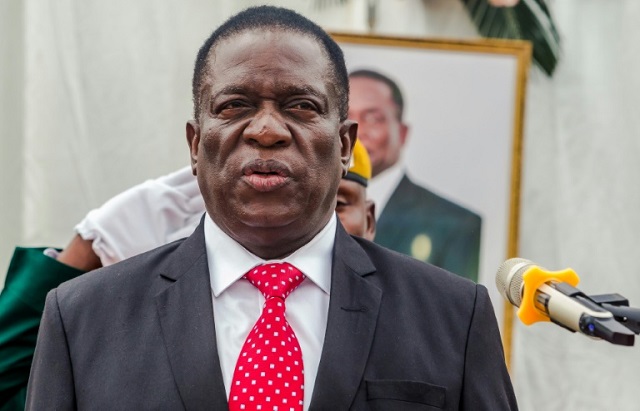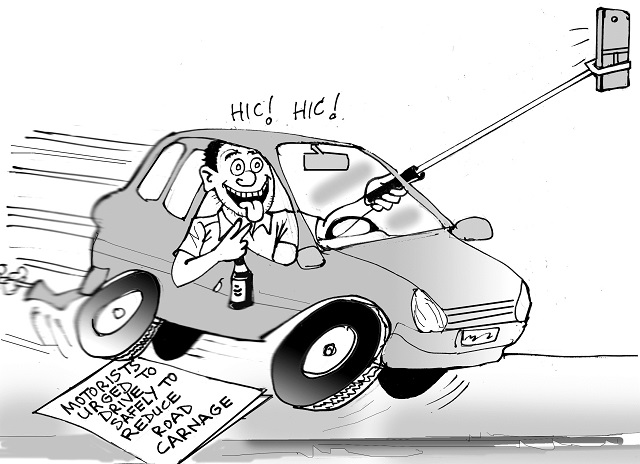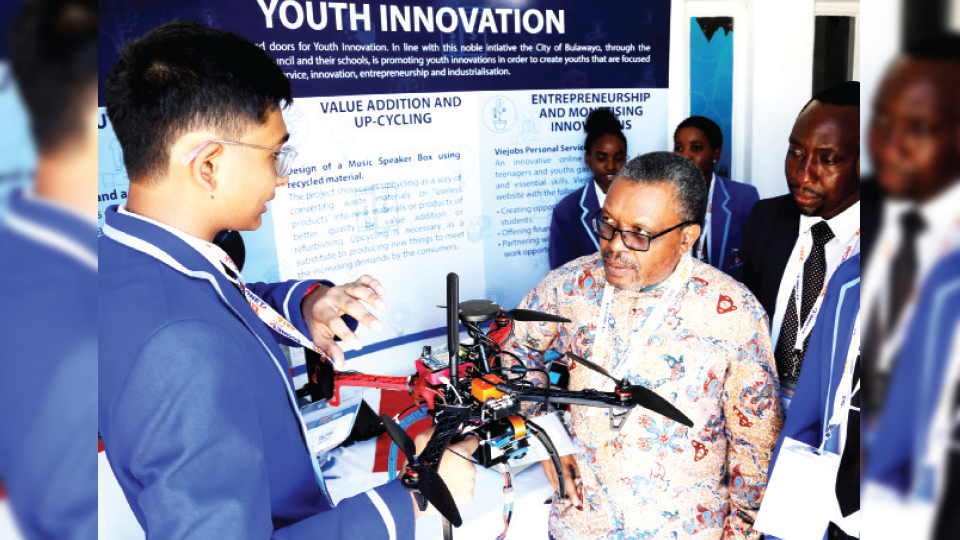Civic organisations vow to help ED address health challenges

Thandeka Moyo, Health Reporter
HEALTH based civic organisations have raised optimism on the new administration’s capacity to address prevailing health issues and have pledged to help President-elect Cde Emmerson Mnangagwa ensure Zimbabweans have access to health.
In an open letter to Cde Mnangagwa, the Community Working Group on health, which represents 40 organisations, said they are looking forward to an era where Zimbabweans will have universal health coverage.
Top among the expectations from the CWGH is the revival of primary health care which will ease pressure on central hospitals.
“We are hopeful that the new dispensation will go well beyond the appending of signatures to declarations, but revisit the various declarations over the past 40 years.
“We wish that it will also carry forward what worked and critically analyse why we fell short of health goals which led a significant number of Zimbabweans to ill health, disability and early graves, when all these could be avoided,” said Mr Itai Rusike, the executive director.
The CWGH called on the new government to address the shortage of health personnel by lifting the freeze on employment of health staff.
Mr Rusike said the recently appointed Health Services Board should address the glaring management and governance issues and ensure that the employer of choice for all health workers is central government as obtained in the past.
“We wish to remind the new government that Zimbabwe has never achieved the 15 percent Abuja target since the declaration was signed in 2001,” he said.
Zimbabwe, according to the CWGH, has a target to ensure that 60 percent of specific populations access maternal and child health, AIDS, TB and malaria services.
“We take this opportunity to remind you sir that some Zimbabweans when ill still walk over 30 kilometres to the nearest health facilities to seek treatment especially in the remote locations, farming and resettlement areas.
“Some are transported in wheel barrows and scotch-carts either because there are no ambulances, or service vehicles, and if available, they have no fuel or the roads are impassable,” said Mr Rusike.
The CWGH said there are no adequate nurses, midwives or other trained staff, no medicines, especially for chronic conditions, no gadgets for checking temperatures, blood pressure and other parameters.
“Presently, about 90 percent of medicines used in the public health delivery system in Zimbabwe are funded by donors, a national security threat should the external partners pull the plugs. This also says a lot about how far we are as a country from fully embracing primary health care.
Mr Rusike added: “Infrastructure in hospitals is dilapidated, some is obsolete; medicines and supplies are in short supply; doctors, laboratorians, pharmacists, paramedics and nurses are inadequate and poorly motivated. Measly funding from the national fiscus into the health sector is of major concern.”
He said Zimbabwe needs sustained investments in primary health care to revitalise the health system and close gaps in access to services and to address the causes of ill health.
Mr Rusike bemoaned the high prevalence of preventable diseases and behavioural, lifestyle, environmental, water and sanitation issues.
“The burden of disease like communicable, non-communicable, injuries, HIV, maternal, peri-natal, neglected tropical diseases and cancers is unmatched by the institutional and health staff skills to adequately manage these.
“Therefore, the health system must be strengthened in accordance with the World Health Organisation’s six building blocks,” said Mr Rusike.
“The people’s hopes and health aspirations lie in the new administration.”
The Community Working Group on Health (CWGH) is a network of 40 national membership based civic organisations focusing on advocacy, action and networking around health issues in Zimbabwe. — @thamamoe











Comments